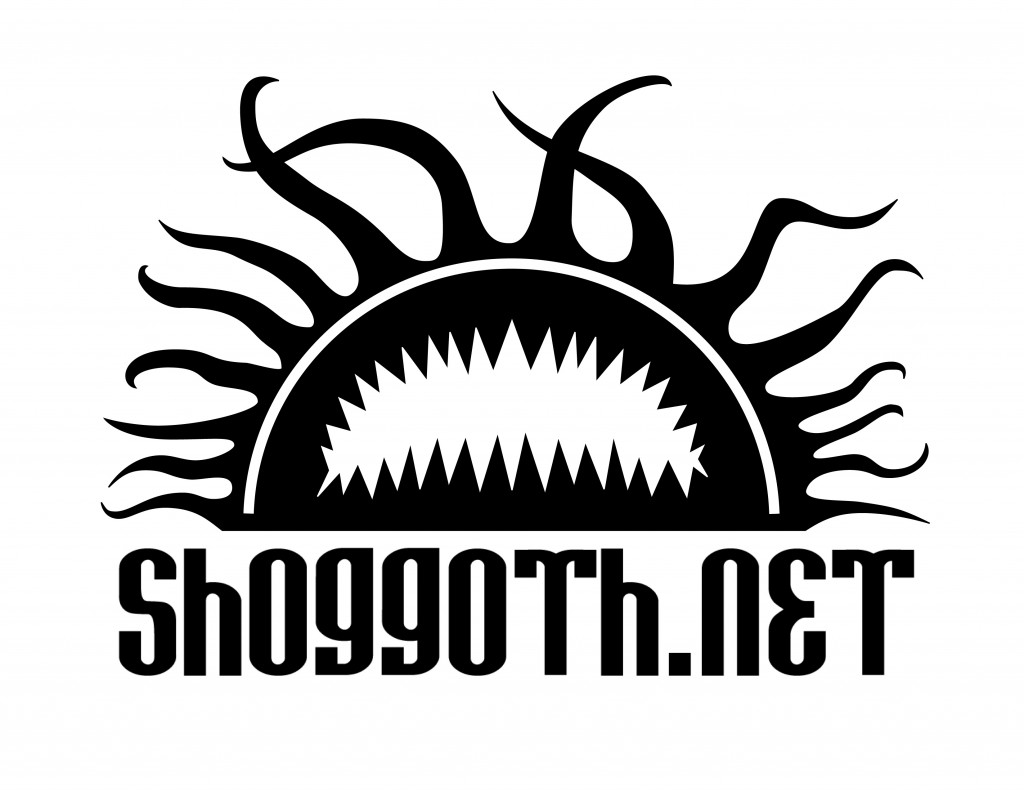We humans each have our own paradigm, and most of us share many very similar concepts in our view of how things are, as well as how they should be. Gravity makes things go down, time is linear and moves from the past to the unknowable future (I personally disagree with this), when you turn that corner the yellow fire hydrant will be there, just like always. We find comfort in our paradigms, and when they are altered we are disturbed to varying degrees. We also tend to take issue with people who’s paradigms are sufficiently different from our own.
The vastness of the knowledge of everything, even when comporting with our paradigm, is far too much for our tiny minds to absorb. When “everything” is actually quite awful, as in the case of the universe of the Cthulhu Mythos, our paradigm is shattered, and we are driven mad.
Established religions include this concept. In the Christian Bible, in Exodus 33:20, God says “You cannot see My face, for no man can see Me and live!” In the Bhagavad Gita, it is written “If the radiance of a thousand suns were to burst forth at once in the sky, that would be like the splendour of the Mighty One.” Beings of such vast power are incomprehensible, and their mere presence can be destructive to such minuscule beings as ourselves..
Running the role playing games Call of Cthulhu (https://www.chaosium.com/call-of-cthulhu-rpg/) and Trail of Cthulhu (https://site.pelgranepress.com/index.php/trail-of-cthulhu/) as much as I do, I am often asked for justification for the madness induced by viewing Mythos creatures, and by reading Mythos tomes.
The argument regarding Mythos creatures, for instance ghouls and deep ones, involves modern makeup special effects and costuming. Since such things are now so expertly well done, which can easily be experienced by strolling around virtually any science fiction convention, why would the real thing bother someone?
The answer to this is simple. Real ghouls and deep ones are real. There can be no confusion between standing in the presence of a human in an amazingly clever costume, and standing in the presence of an actual, inhuman monster.
Ghouls are genuinely filthy, smell of grave soil and decaying human flesh, have foul breath which includes said scent of human decay, move like ghouls, speak like ghouls, etc.
Similarly, deep ones have real scales, real gills, real claws, real bulging eyes, drip with seawater, and often smell of rotten fish.
If you’ve ever been around horses, you’ve experienced horse characteristics which could not possibly be effectively simulated by a couple of humans in the best horse costume ever constructed.
As for Mythos tomes, the argument is one of believability. A person can read a well written horror novel, and be quite spooked, without believing the contents are true. Therefore, why can’t one read a Mythos Tome and not believe in the contents, at least until such time as confronted by further evidence which drives home said truth–such as encountering a ghoul and/or deep one?
Here we have another simple answer. The terrible information contained in Mythos tomes is ultimate truth–Truth with a capital “T.” This über knowledge penetrates your pre-existing paradigm, injecting actual facts which occlude and destroy the more comfortable ones in which you believed until this exact moment.
Not only is this information seared into your mind, it also is awful. The dark, disturbing truth about a universe in which the Cthulhu Mythos is real, and holds such sway, is more than a fragile human mind can withstand
My name is CthulhuBob Lovely, I live in my childhood hometown of Columbus, Ohio, and have a son and two daughters. I volunteer at MisCon, which occurs each year on Memorial Day Weekend in Missoula, Montana and help out at other shows.
In my younger years I had seen H.P. Lovecraft’s books in the collection of my older brother, Brian, who is also responsible for introducing me to Monty Python, Star Wars and many other things geek.
I began running and playing Dungeons and Dragons in 1977 at the age of 15, and Call of Cthulhu since its original publication in 1981.
I believe geekery and gaming can have positive effects on math, reading and writing, and social interaction skills, as well as family togetherness. I have three published stories online at
http://www.bewilderingstories.com/bios/lovely_bob_bio.html
